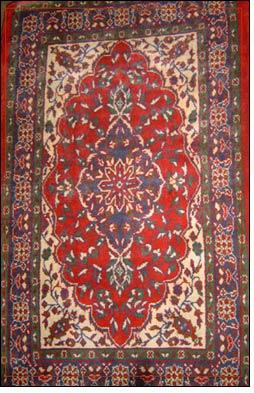 Bangladesh, reckoned to be the largest grower and producer of high quality Jute, caters to the need of consumers across the world. The natural home for prime quality Jute, now a days is struggling for its survival.
Bangladesh, reckoned to be the largest grower and producer of high quality Jute, caters to the need of consumers across the world. The natural home for prime quality Jute, now a days is struggling for its survival.
Jute, once considered as the golden fibre among South Asian people and had a great demand in the international market jute , is losing over synthetic fibres such as glass and carbon. Researchers all over the world, in an effort to introduce low cost material, invented polymeric materials like polyethylene, polypropylene, polyvinyl chloride, which have quite many advantages over Jute.
These are affecting the jute mills adversely and many of them in Bangladesh are closing down. Recently, four big manufacturers have put down their shutters and presently, there are only 18 jute mills which are run by the Government.
Fibre2fashion in an attempt to dig out the reasons behind these closures contacted Bangladesh Jute Mills Corporation (BGMC). An official said, “The main reason behind these closedowns is that they are running in loss. The mills are lacking capital investments, production cost is much more higher than the finished goods. Labour crisis, union labour movements demanding higher wages also add to the sufferings of these jute mills.”
Bangladesh Government is taking steps to improve the prevailing situation. It has started the process of leasing out the jute mills to private sector. Till now, seven mills including four closed mills have been leased out to private sector. According to the BGMC official, management from the jute sector and Government will jointly work to stream line the system for the betterment of mills.
 Talking about the BGMC role for bringing back the lost glory of jute industry, the official said, “The uses of jute are many. They are manufactured as ropes, shopping bags, cloth, fibres, packaging materials and show pieces. However, presently, Bangladeshi industrial jute sector is in a great danger. We are trying to restructure the industry with the help of private sector and we are hopeful that both private and Government sector will jointly work to regain the previous glory of jute industry in Bangladesh. The efforts in turn will reduce the sufferings of the jute mill workers as well”.
Talking about the BGMC role for bringing back the lost glory of jute industry, the official said, “The uses of jute are many. They are manufactured as ropes, shopping bags, cloth, fibres, packaging materials and show pieces. However, presently, Bangladeshi industrial jute sector is in a great danger. We are trying to restructure the industry with the help of private sector and we are hopeful that both private and Government sector will jointly work to regain the previous glory of jute industry in Bangladesh. The efforts in turn will reduce the sufferings of the jute mill workers as well”.
Related News
Photos
More>>trade
market
- USA : Now, let Nicole Kidman fashion your wardrobe!
- Switzerland : Schoeller presents fabrics in 100 % recycled polyester
- UAE : Liali to create a romantic bond with your Valentine
- Netherlands : Stahl presents leather & technology forecast for S/S 2009
- UK : Textiles at Work 2008 by Performance Textiles Association





